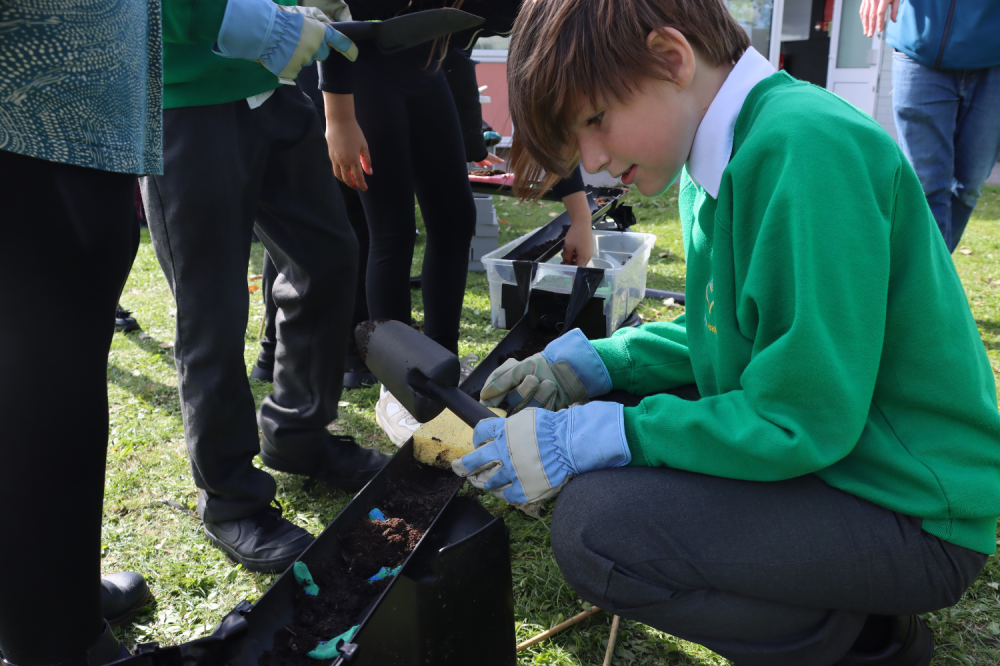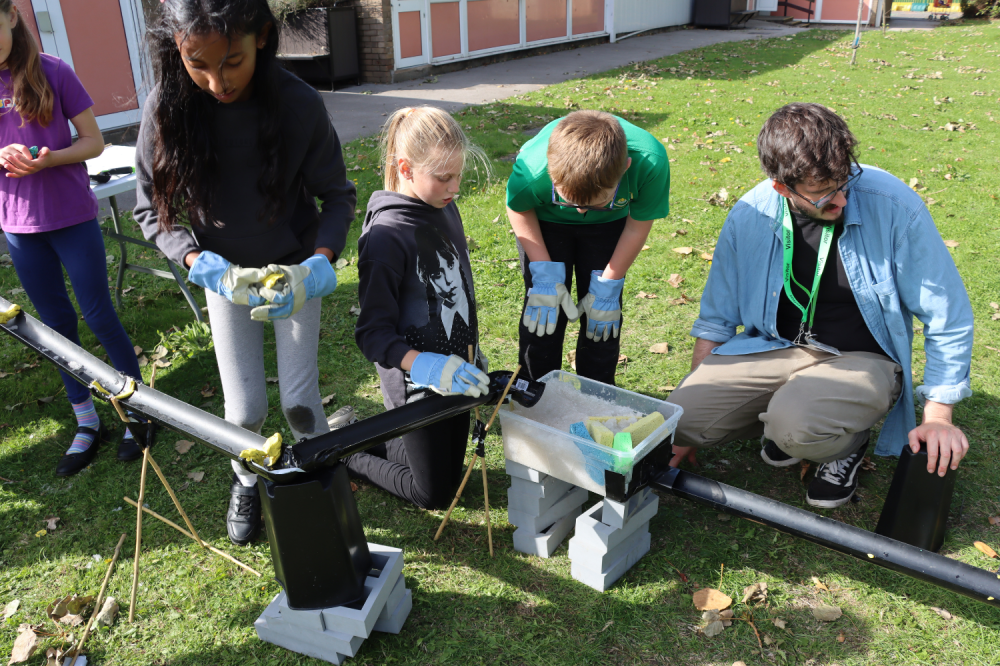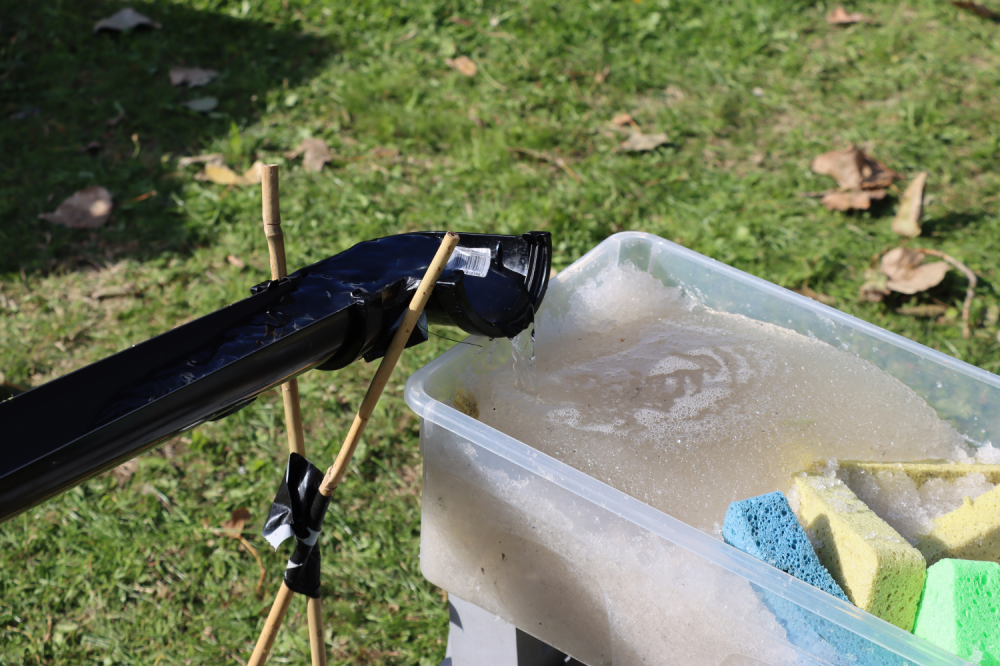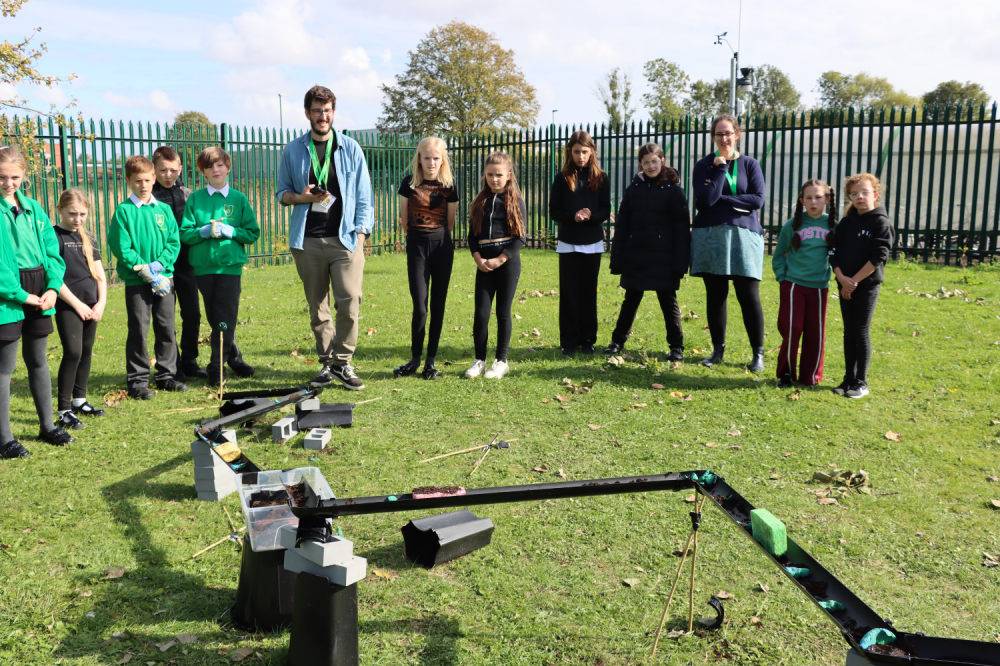Pilgrim Academy pupils tackle flood challenges in hands-on workshop
Pilgrim Academy was proud to host a dynamic and inspiring Flood Resilience Workshop, delivered by experts from the Energy and Environment Institute at the University of Hull. The visit formed part of our ongoing commitment to providing students with enriching, real-world learning experiences that link directly to global environmental challenges.
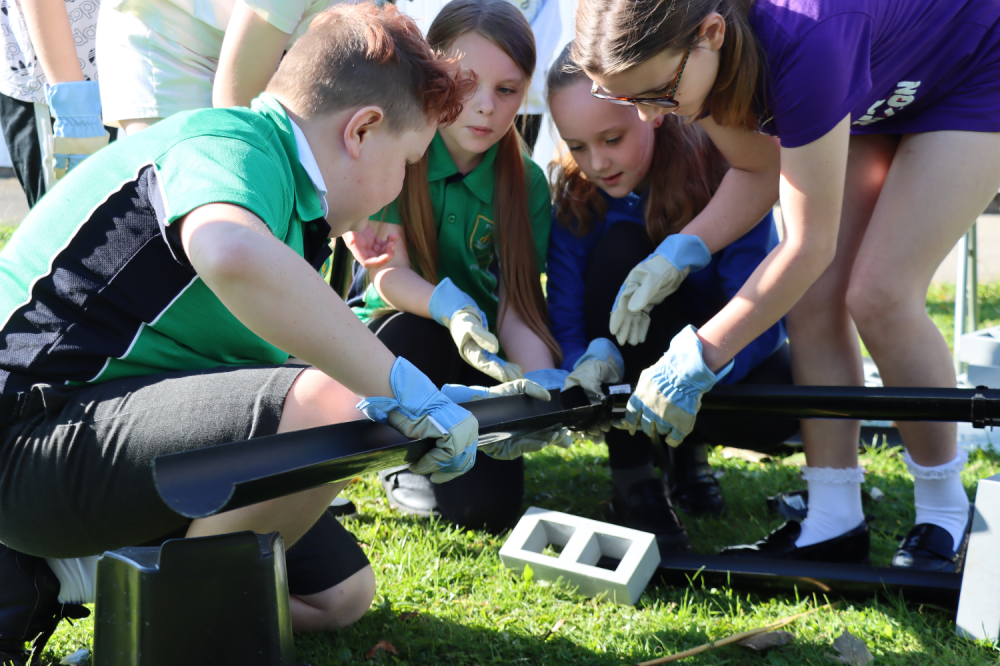
The team made up of Ed, Hannah, and Alex, brought a wealth of knowledge, enthusiasm, and interactive activities that fully engaged pupils from our Orcas and Blue Whales classes in a day of scientific exploration, problem-solving, and teamwork.
The day was beautifully sunny as pupils rolled up their sleeves and got stuck into the challenge to "Build Your Own Drainage System", a task that required creativity, engineering thinking, and collaboration.
Working in two teams per class, Year 6 pupils were asked to design and construct water channels using materials such as pipes, connectors, bricks, blocks, tape, and bamboo sticks. The aim was to guide water accurately to a designated target, learning through trial and error how various structures and slopes impacted water flow. Designs ranged from gently sloping straight runs to more complex curved pathways with multiple turns and gradients.
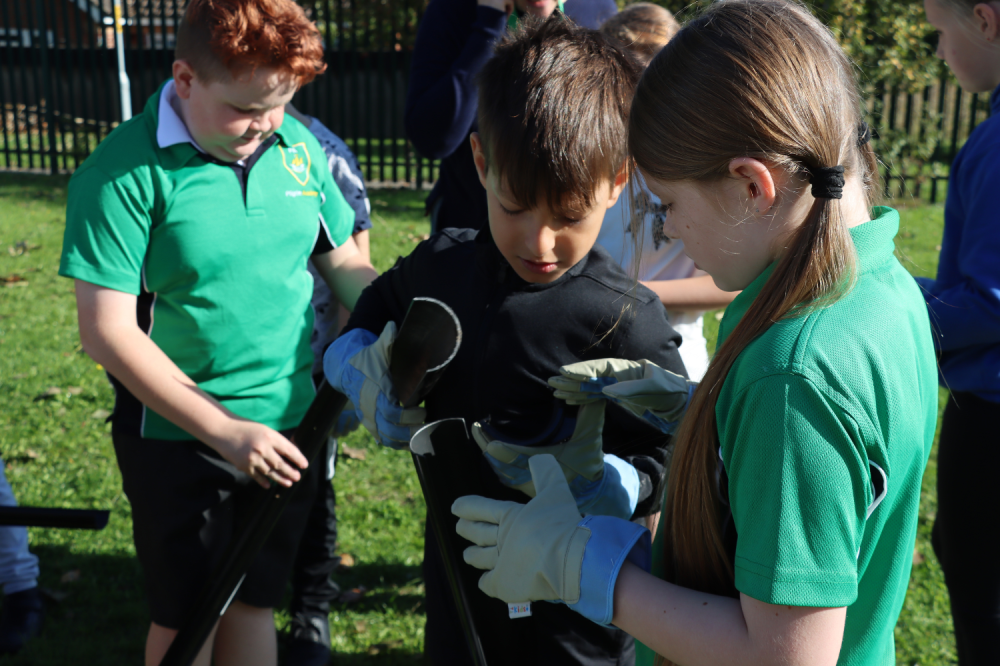
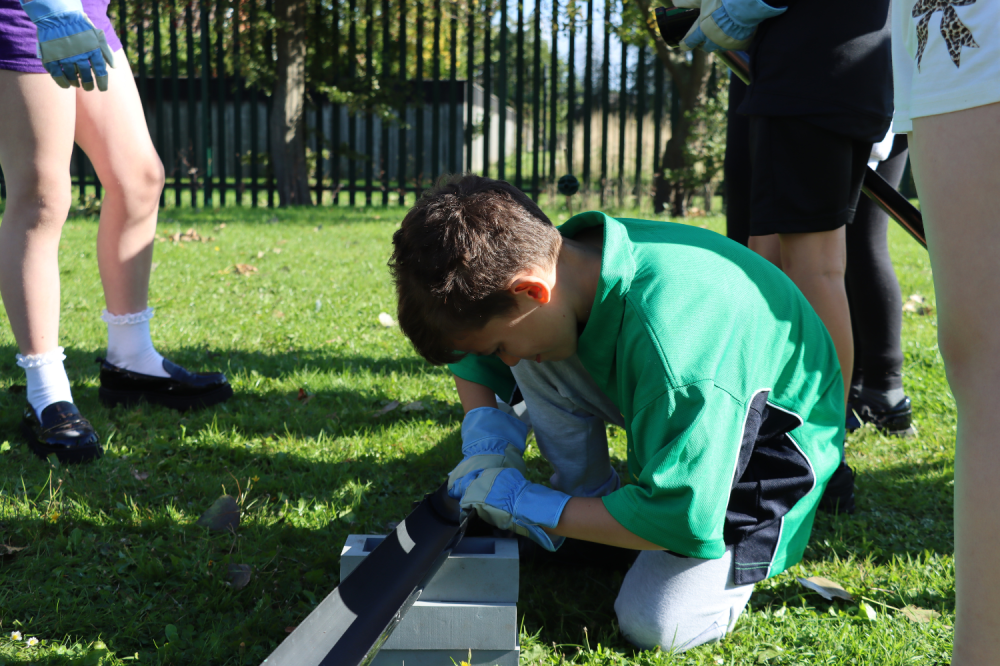
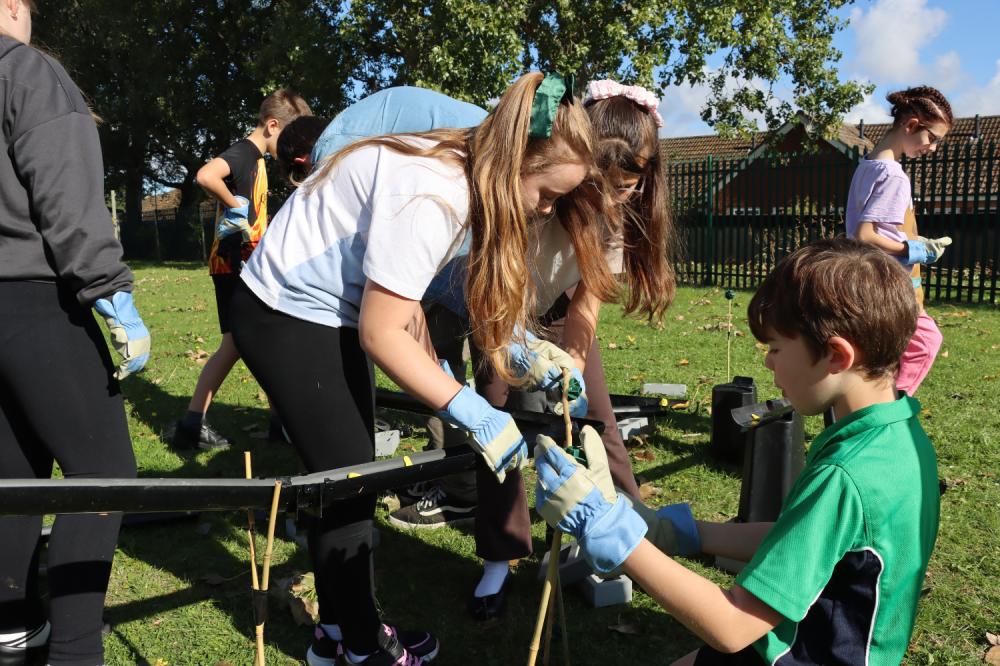
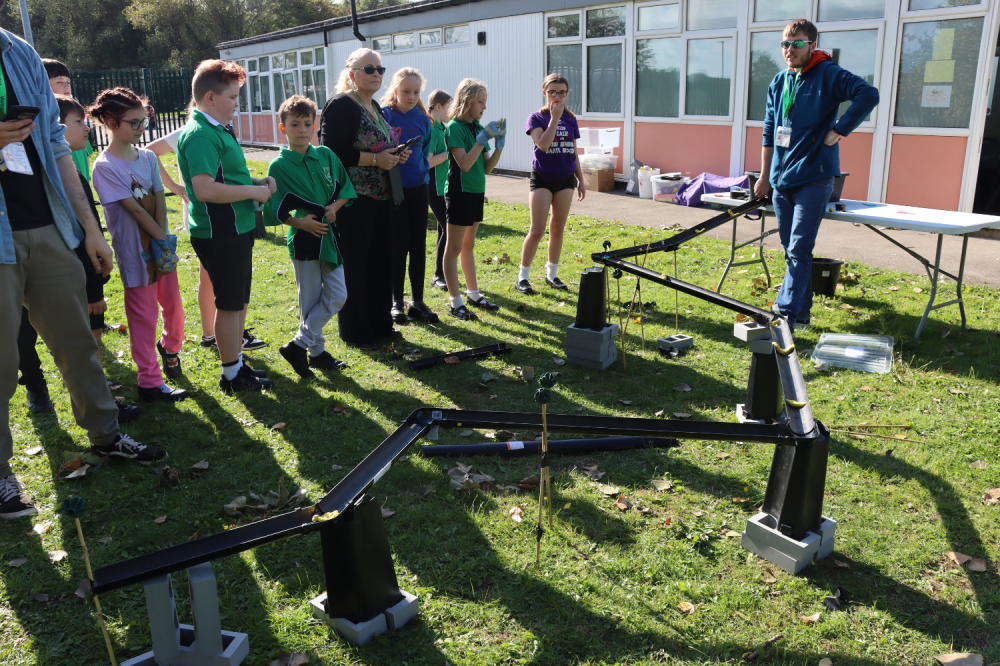
Following initial testing, pupils were challenged to slow the water flow by integrating barriers acting as leaky dams using plasticine, and redesigning sections to include bends and corners — demonstrating how thoughtful engineering can reduce the impact of heavy rainfall in real-life flood scenarios.
In the final stage, students were introduced to the concept of SuDS (Sustainable Drainage Systems), reinforcing learning from when the team visited the previous week. The teams were given a choice of materials including soil, sand, sponges, and Sodium polyacrylate (a water-absorbing polymer). They then tested different combinations to discover which could most effectively manage and slow the flow of water without causing floods or having any leaks!
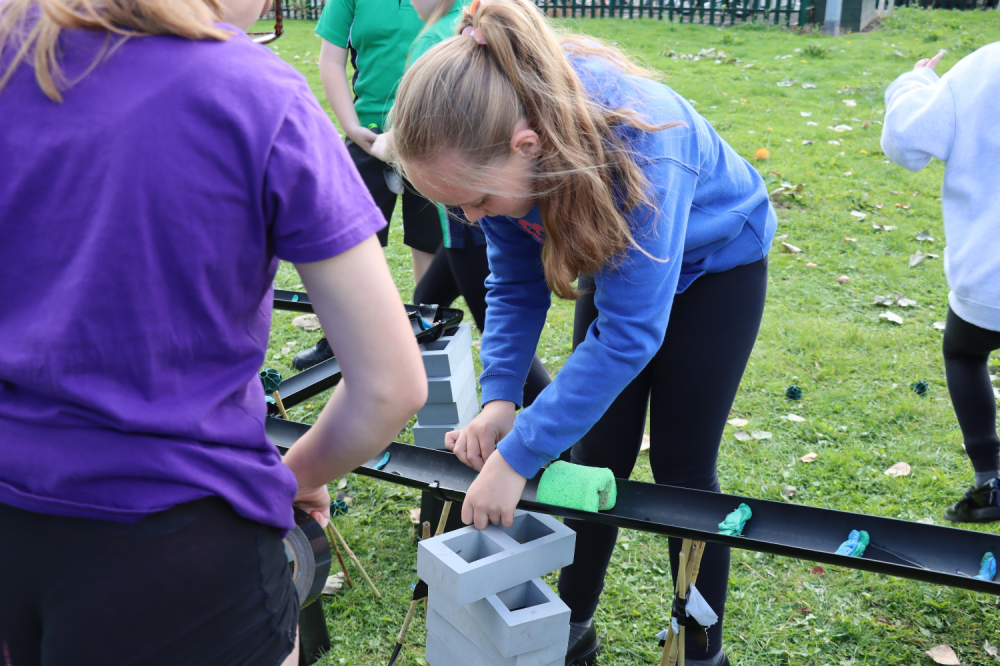
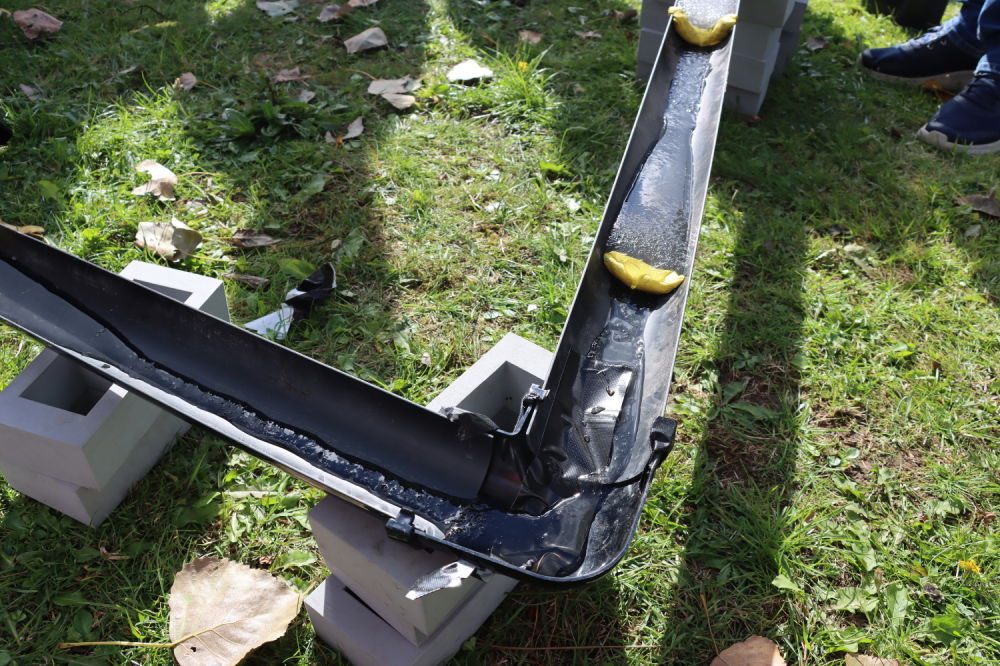
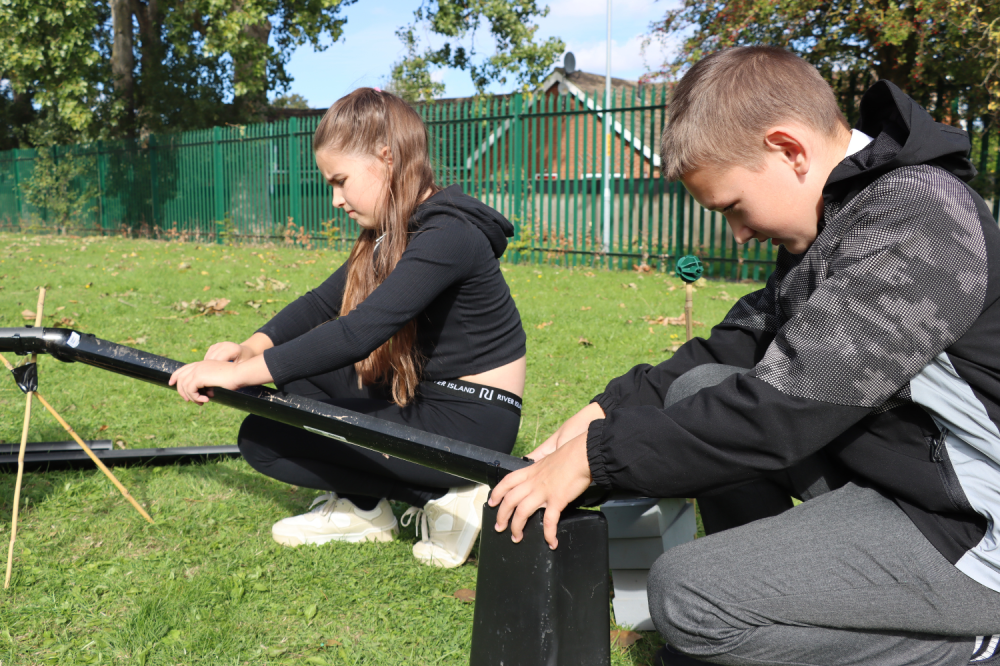
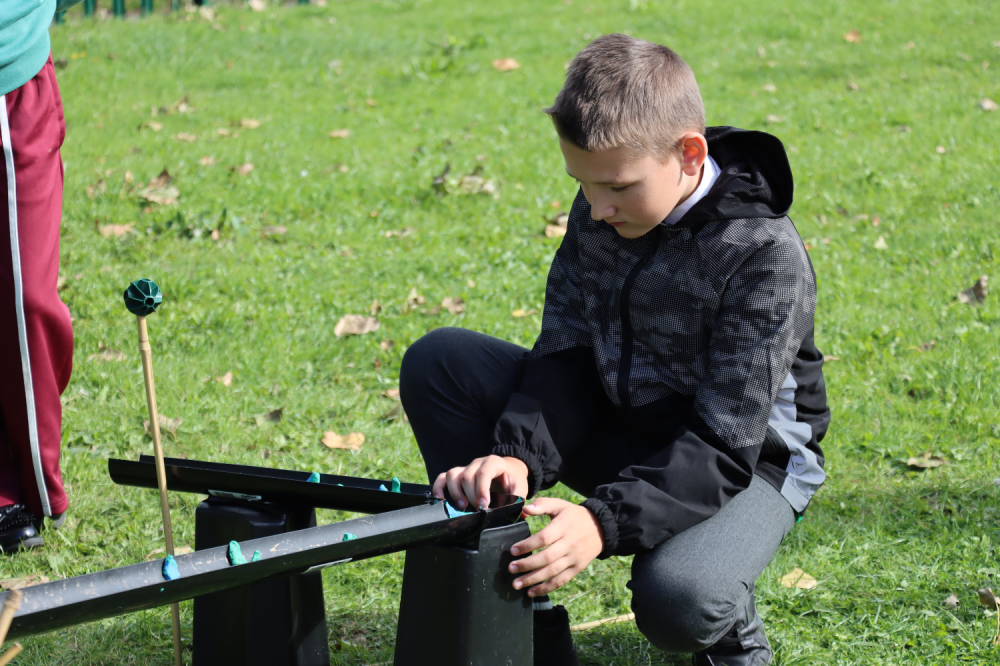
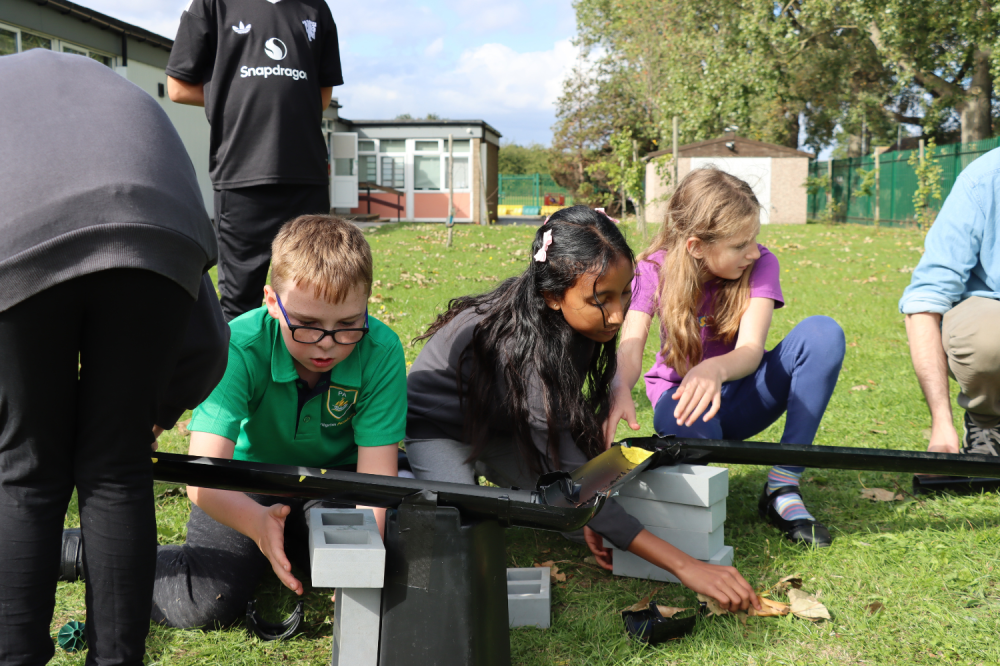
Sodium polyacrylate proved to be the most effective, absorbing water quickly and significantly reducing flow speed. This hands-on scientific inquiry not only deepened students' understanding of drainage and flood prevention, but also encouraged analytical thinking, experimentation, and teamwork.
Feedback from pupils highlighted the impact of the experience:
Teddy said: “Our system worked really well. I was so happy when I saw the water coming out of the end. We made it work as a team!”
Amaline reflected: “I think we worked really well as a team and learned to have a lot more patience with one another by the end.”
The day was a resounding success, showcasing the power of interactive STEM learning and the importance of preparing the next generation to understand and address the environmental challenges of the future.
We would like to extend our sincere thanks to the team from Hull University for providing such an inspiring and memorable experience for our pupils.
